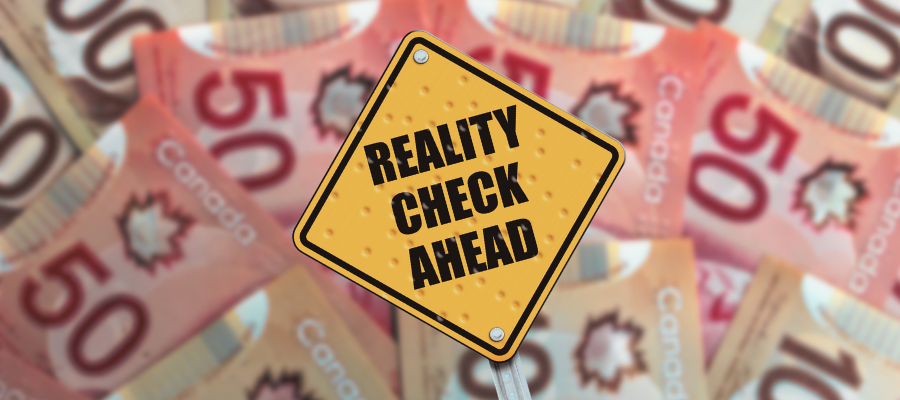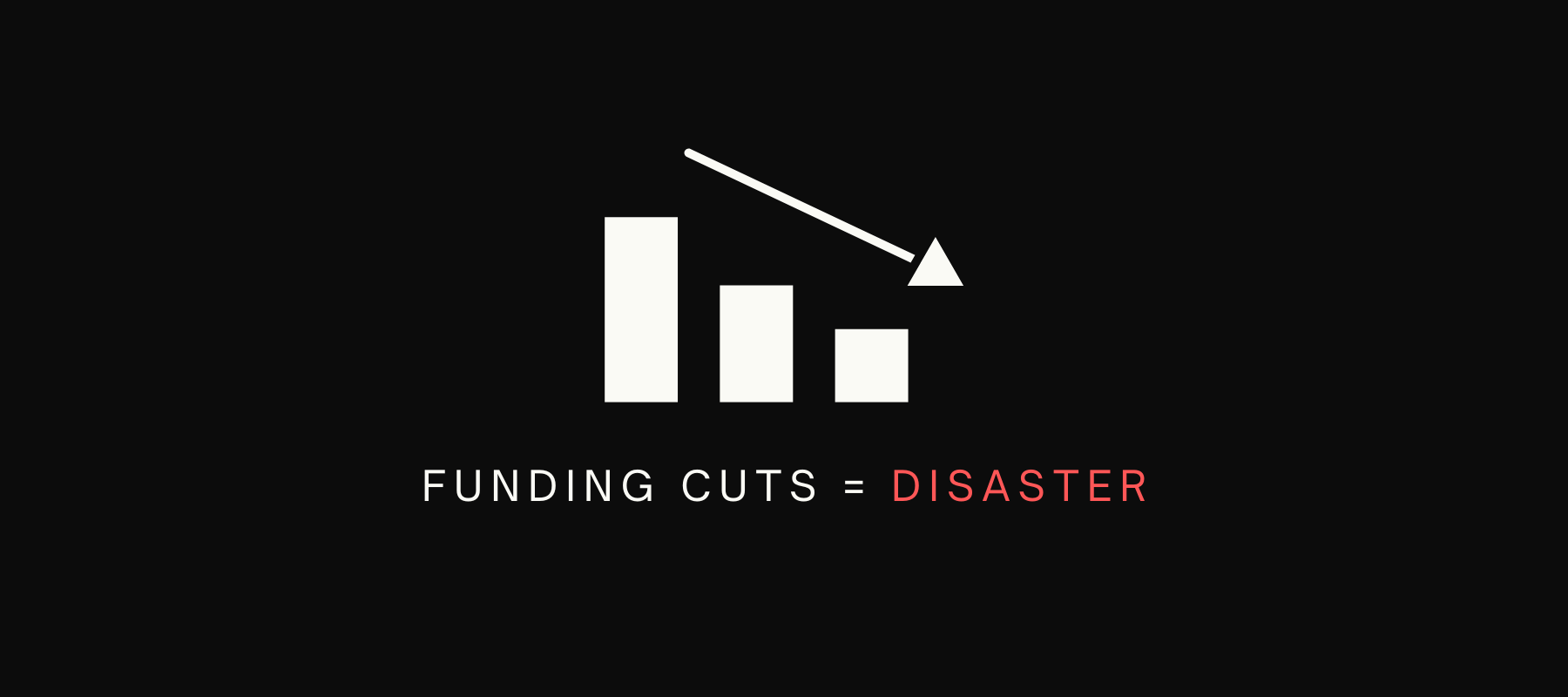What should our government be spending money on?
One question that is missing from the public debate on deficits and debt is whether we’re getting the best bang for the stimulus buck. Even if we accept that it’s appropriate for governments to borrow and engage in deficit-financing during a recession, as I have argued here, we need to have a discussion about the way the money is actually spent. What are the types of government investments that we as British Columbians or Canadians will benefit from the most?
From a purely macroeconomic standpoint, any government spending is better than none in the midst of a recession as it will boost the economy in the short term. In the long term, however, the best use of government borrowing is to finance investments that will bridge our current economic needs with long-term social and environmental goals. Think investments that leave us with healthier and better educated citizens, that increase long-term productivity and set us up for the “green” economy of the future, while also increasing the quality of life for all people.
It’s here where the current government policy leaves a lot to be desired. We would be better off running higher deficits and making these public investments now, than running smaller deficits and having to pay them off with a less productive economy in the future. Let’s not forget that public dollars can be invested in initiatives that will have long-lasting benefits for said future generations.
According to a new study by UBC’s Human Early Learning Partnership, just under 30% of BC children entering kindergarten are “developmentally vulnerable” (read, not ready to learn), and the resulting depletion of human capital is estimated to cause BC to forgo about 20% of GDP growth over the next 60 years, a value equivalent to investing $401.5 billion today at a rate of 3.5% interest (for more details, see this Vancouver Sun article).
By failing to make public investments now to eliminate child poverty and ensure that our children grow up healthy and have access to good quality education, we are wasting our children’s potential and leaving them with a less productive economy in the future. Yes, making these investments will cost money and increase the government debt, but at this point leaving debt to our children seems far preferable to the alternative of saddling them with the (often very expensive) consequences of our unresolved social and environmental problems.
There is, however, a type of debt that we should not leave to future generations. It’s the debt incurred from hosting lavish parties for ourselves (Olympics, anyone?) or creating wealth by destroying the environment (through subsidizing natural gas extraction, for example).
Increasing government debt in itself is not as large a problem as some of the recent media coverage would suggest, but both BC and Canada’s governments could and should be making better spending choices.
Topics: Economy, Education, Environment, resources & sustainability, Provincial budget & finance, Taxes


